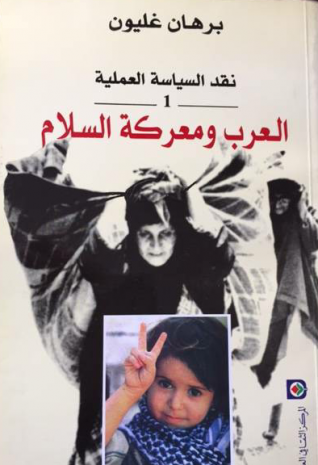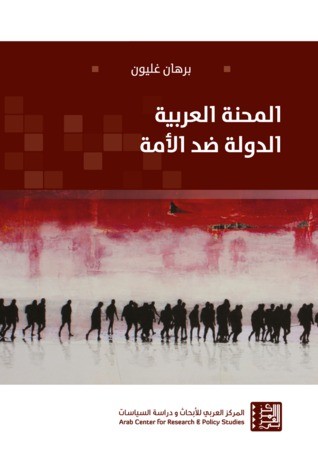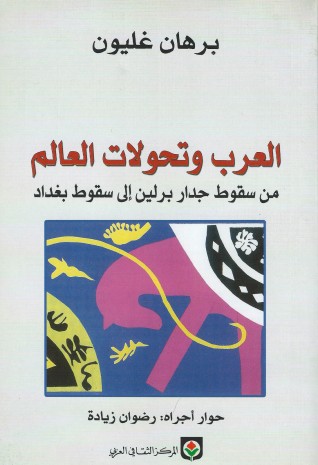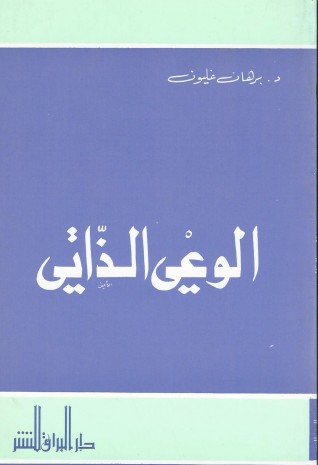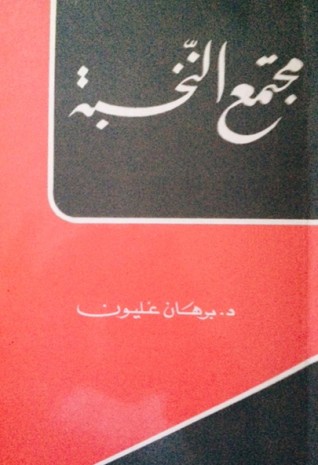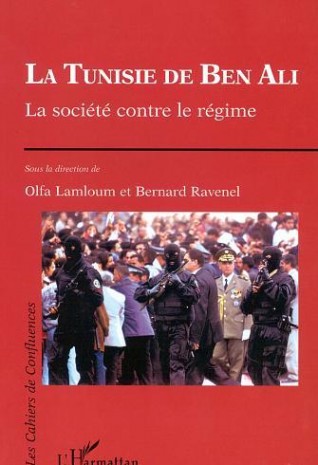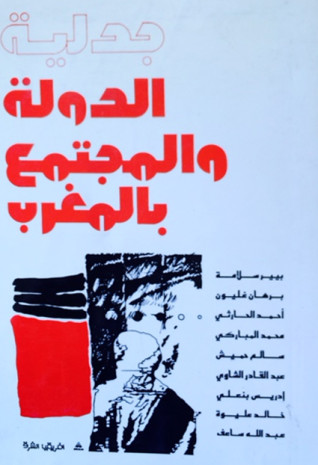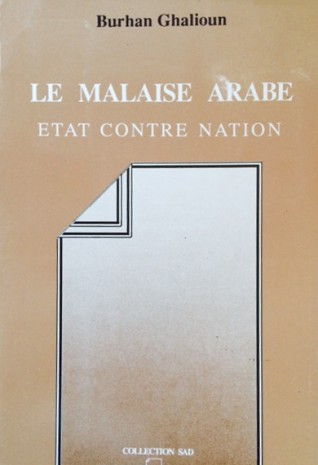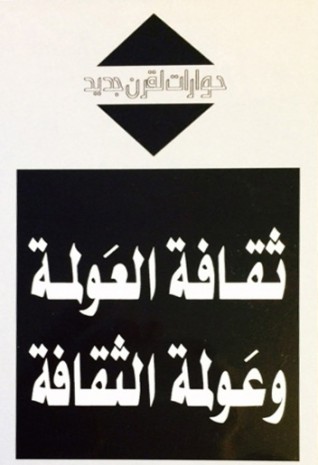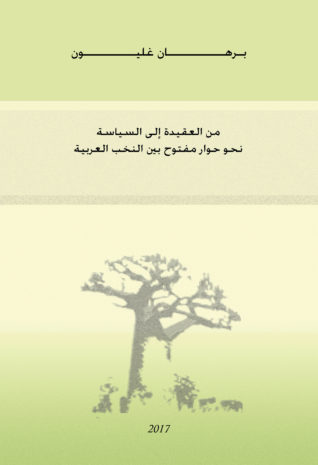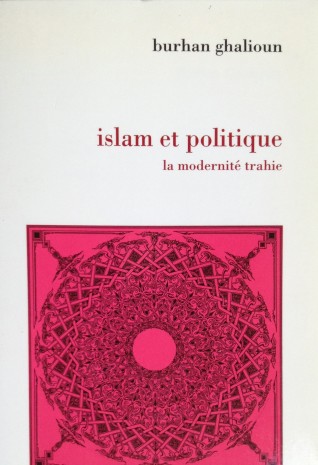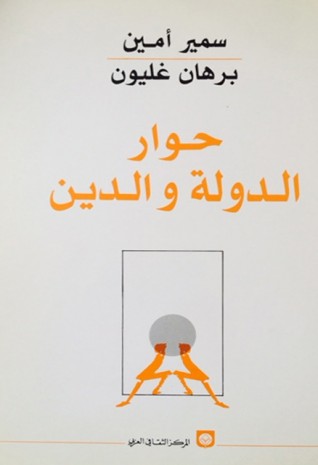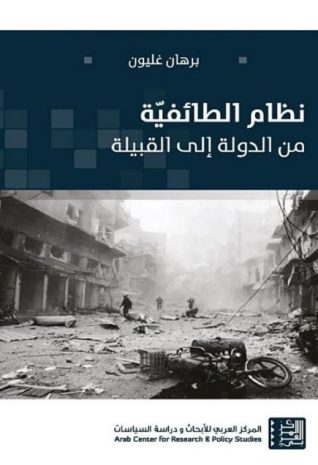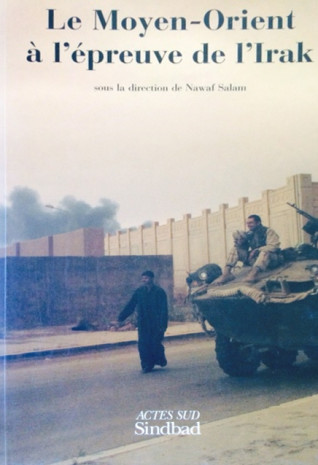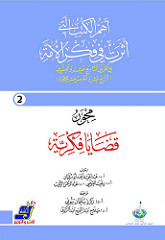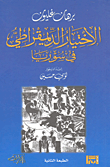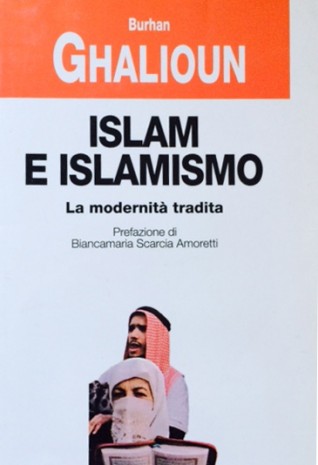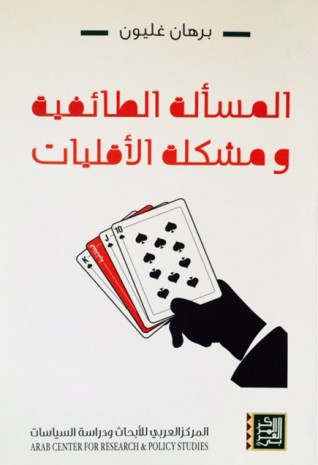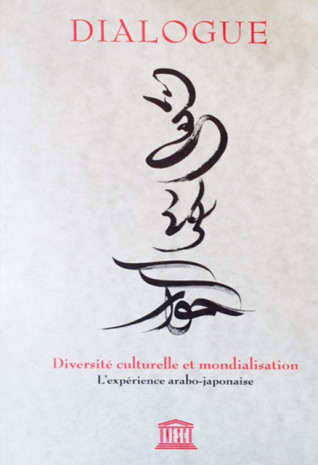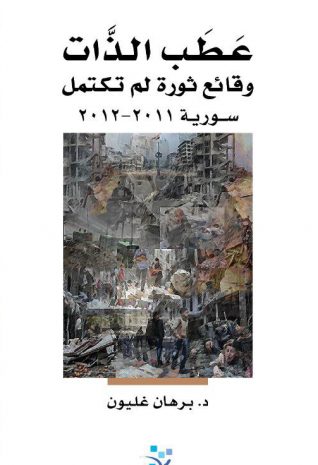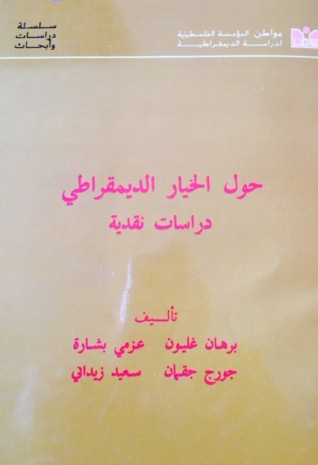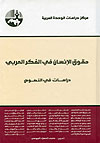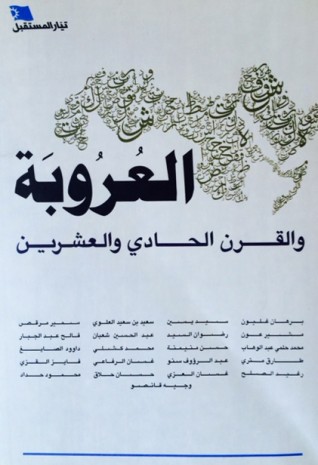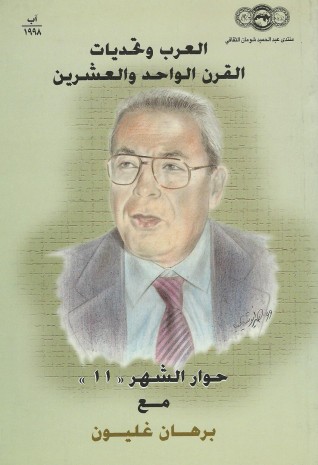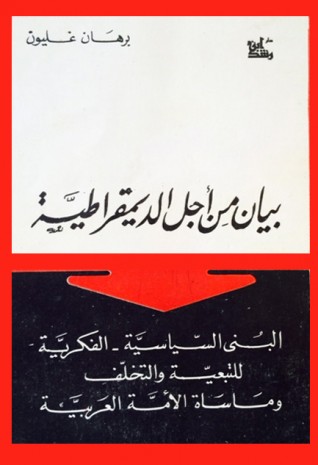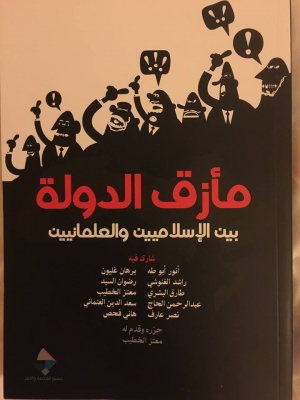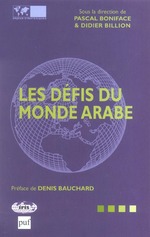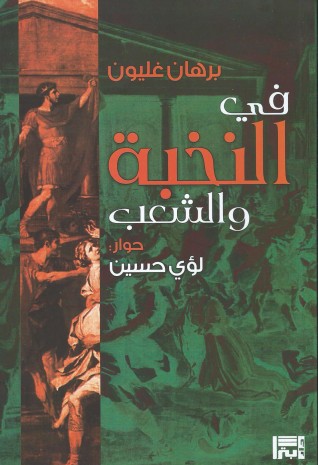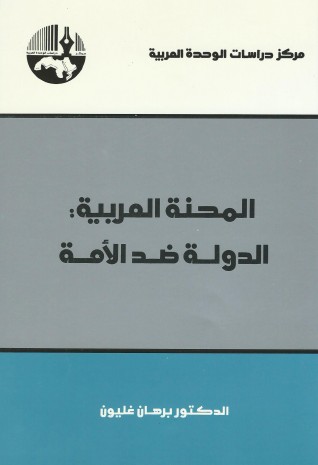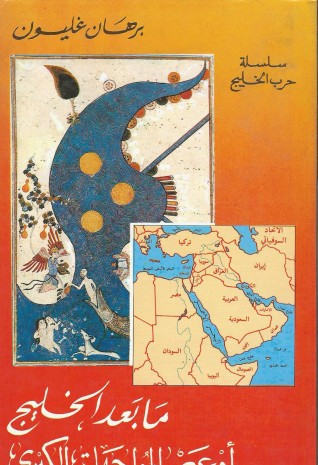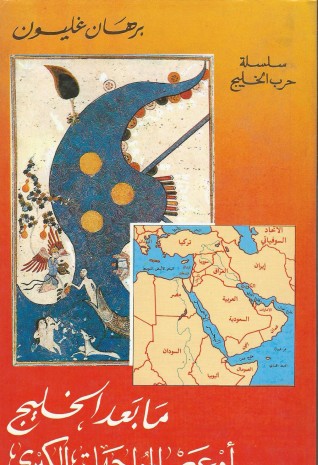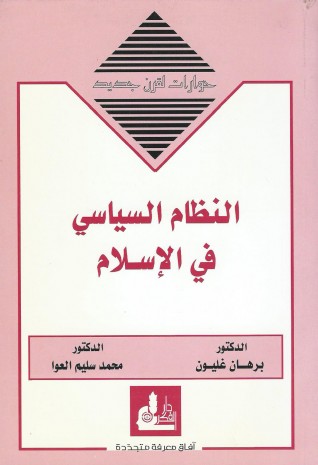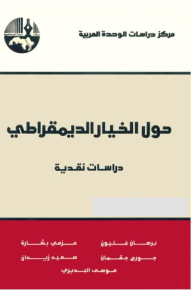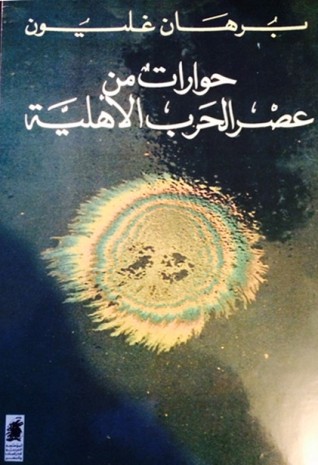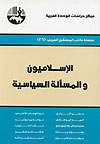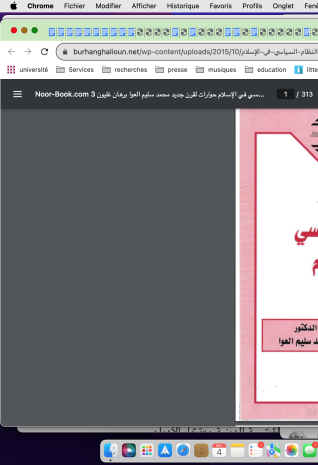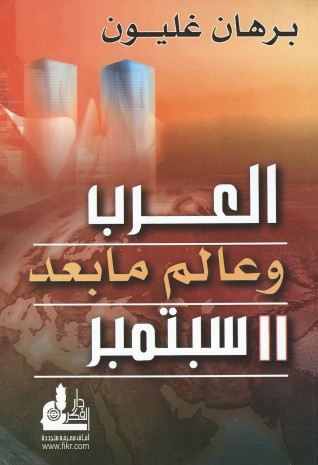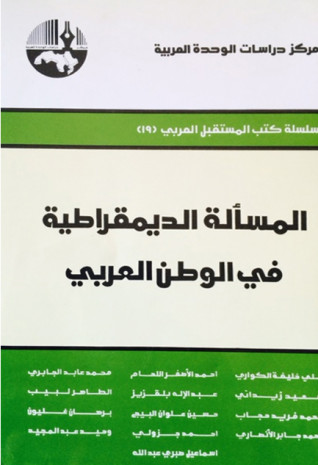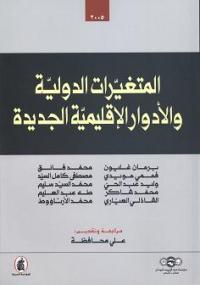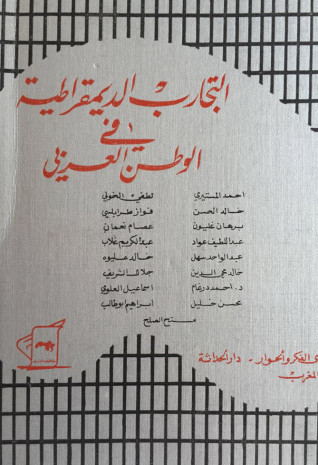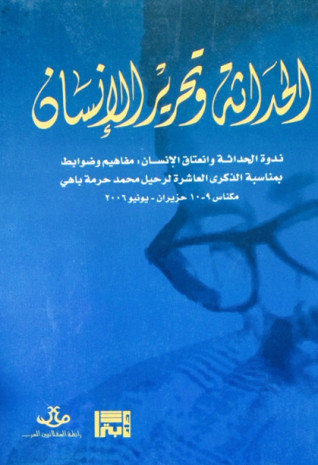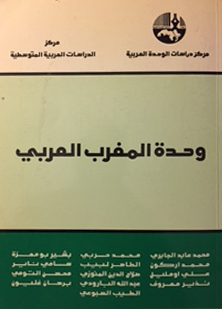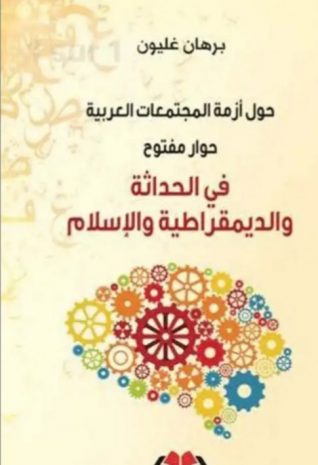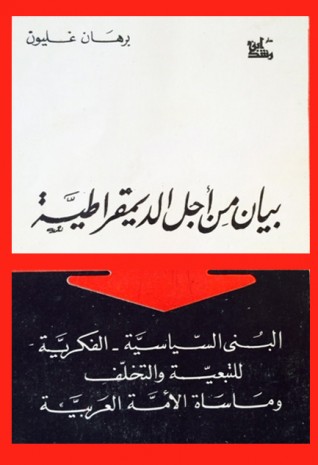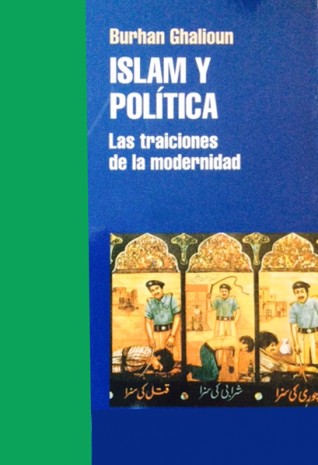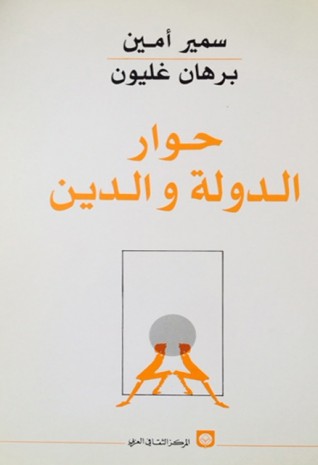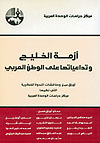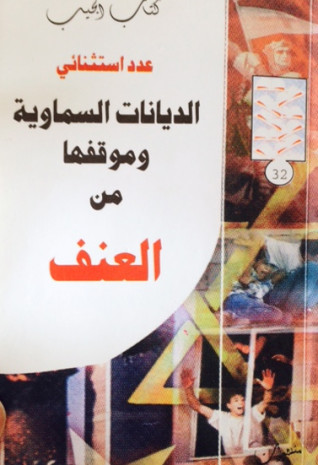ARAB POPULAR UPRISINGS OR THE ARAB ARRIVAL TO POLITICAL MODERNITY
2011-02-02:: CIDOB
Through the last century and a half, the Arabs have achieved a fair measure of intellectual and cultural renaissance. They have conducted national liberation wars and they are still at it in some places such as Palestine and elsewhere. They have built states –or, rather, the structures of modern states– that are still standing despite internal and external tremors, some of them violent. They have started agricultural, industrial and scientific transformations not much different from those carried out by other nations.
Yet, both on the pan-Arab level and on that of each particular country, they have failed in building modern nations, in the sense of united, interactive and cohesive societies whose members are linked by the bond of citizenship, a common desire to live together and the assertion of human dignity –which entails the recognition of basic rights, namely equality and intellectual and political freedom, as the basis for active and responsible participation in the national –and international—community.
The main reason for this failure is the stealing by tyrannical powers of the buds of political modernity, such as the liberation from foreign influences, whether religious or political or cultural, and the achievement of de facto sovereignty –meaning the right of every member of the national community to think for himself and to participate, on an equal footing and without any sort of coercion, in decisions concerning private and publicaffairs and in working towards what each individual deems essential for the public interest. The rise of the citizen as the leading actor and the center of political life is the essence of political modernity.
It is the basis for transforming popular sovereignty into the only source of political power and the permanent point of reference for political activity, as well as the locus where social conflicts are solved. People’s sovereignty means independence for each individual and the assertion of the right to equality with his or her peers –which means freedom from marginalization, humiliation and exclusion from collective decisions, as well as the impossibility to be held accountable and punished for anything but their offenses under the rule of equal justice for all. Such is the foundation –and the very condition– for the national social contract.
Sovereignty also means the existence of a free state, not dependent or subservient to foreign powers, for only such a state can protect people’s sovereignty and guarantee its full exercise. As soon as the Arab peoples were delivered from the cocoon of sultanates and made their first steps on the path to political modernity, authoritarian regimes pushed them back to premodern times and forced them into submission to a will that soon turned to be alien. And they were thus transformed again into a mass of under-age subjects forced, tricked and deceived into complying with the will of their master-ruler –be it a person, an elite, or a party.
The hijacking of people’s sovereignty and freedoms was a success thanks to the role of charismatic leaders and the political and economic national elites that used them to eliminate backward traditional systems and to accelerate the transition to modern economic, social, technical and scientific methods, or to trick populations on behalf of nationalism and the defense of national interests. And thus, technically, it could be said that the people abandoned their sovereignty and freedoms almost voluntarily.
Since the nineteen-seventies, protest movements began opposing these authoritarian regimes on the grounds of their lack of legitimacy, when it became apparent that they had lost the combat for development, social justice and national sovereignty, while facing Israeli military and strategic pressure. The reform, change and democracy slogans spread everywhere in the Arab world, together with the hope of renewing and replacing the ruling elites’s governance.
However, strategic international interests –notably, the fear by industrial countries of losing direct control of the main sources of oil production and the possibility of their falling into the hands of anti-Western forces, together with the need to guarantee security and maximum protection for the Jewish state– provided the ruling authoritarian elites with a golden opportunity to circumvent the will of the people and find a justification for staying in power –with international backing. From then on, through the eighties and ninetees, these regimes unrelentingly strengthened their repressive means.
States in the Middle-East became monstrous oppression machines, and countries served as prisons for their populations, dispossessed of practically all of their political and even civilian rights, following an international –particularly, US—agenda. The systematic repression of protests, uprisings and all sorts of political dissent or critical thinking ended up breaking effectively the will of the people, forcing them to abandon their fight, and surrender.
It succeeded in confirming the political role of the ruling elite and their morphing into an aristocratic elite that perceived their subjects as an under-classed mass, lacking selfawareness and will, whose existence was limited to ensuring a living for themselves and to serving their masters –and who therefore deserved no rights. This regression to a medieval framework meant that Arab societies lost almost all the progress towards modernity they hadachieved in other fields –national, economic, social, cultural and psychological. The aim of the self-designated superior elites to monopolize and perpetuate power, pushed them to forge an alliance with foreign powers at the expense of people’s sovereignty and national independence. It produced methods of governance and practices and individual and collective behaviors based on violence, coercion, cronyism and sidekicks. It generated corruption almost beyond anything the world had known until then.
It resulted in the execution of the free self and the uprooting of individual will. The practice of emptying culture and identity from their human values resulted in the lack of any sense of social belonging and patriotism. The economy, which was supposed to generate work opportunities and goods and services, became a speculative economy whose main engine was the accelerating accumulation of wealth by the power elites. The banning of political communication of any kind led to a revival of the tribal, confessional and sectarian bonds and, thus, to that of traditional values centred on an anti-individual, anti-rational, anti-intellectual culture. Arab societies grew more and more frustrated, fearful and inward-looking as a result of their aggravated alienation from the modern world and the unrelenting attempts to isolate, marginalize and force them into subordination in an international context dominated by Western powers.
As people’s sovereignty and emancipation from tutelage of foreign powers, and the possibility of each individual to participate in the decisions concerning the destiny of the political community and to contribute to defining its future, is the main condition for opening up societies to modernity in the economic, social, and cultural fields, depriving states and individuals from independence and freedom produces suitable conditions for sabotaging and corrupting any project of economic modernization and for eliminating any possibility for the emergence of national social relations based on the free bond between individuals – i.e., the possibility of a social contract. Furthermore, it cancels any hope for the development of a modern culture or of a civil ethics that places the individual on a level above the culture of simulation, imitation, instinct-gratification and identification with primitive or spontaneous clanism.
The assertion of people’s sovereignty, which sometimes summons the masses to the streets and to bloody revolts, is the essence of political modernity. It is also the origin of democracy, whose spread is still the axis of modern social thought throughout the world. This is indeed the greatest achievement of the popular revolutions that broke out first in Tunisia, and then in Egypt –the revolutions that are on their way to put the Arab world back into universal history. Regardless of the direction they will take in the upcoming days and weeks, the present popular uprisings in the Arab countries put on record, at the beginning of this decade of the twenty-first century, what is undoubtedly a most important chapter in the history of political modernity in the Arab world –a century and a half later.
notesinternacionals CIDOB 27 . FEBRUARY 20112

